Disability
Museum audio described online
Looking forward with access at BCA
no
Show on home page
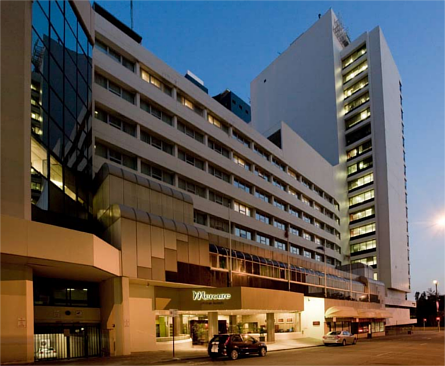
Dr Hollier is a well-known international expert and his presentation will cover a wide range of access technology following the convention theme of “Looking Forward Looking Back - Celebrating 40 Years of Achievement.”
Taxonomy:
Top of page
At home in the caption lab
Stencil Art Prize in Sydney to host audio described tour
Accessible India Campaign to greatly improve access to media
Australian Game Developer Awards set to honour accessibility and representation of people with disabilities
Call for papers at LEAD arts access conference
iTunes Australia offering audio described movies
Japan trials live captioning system
no
Show on home page
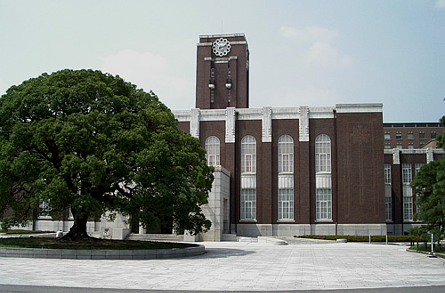
The drive for this is the new accessibility laws scheduled for 2016 which mandates reasonable accommodation provisions to people with disabilities. In a university and conference setting this means that the amount of captioning will need to increase.
Taxonomy:
Top of page


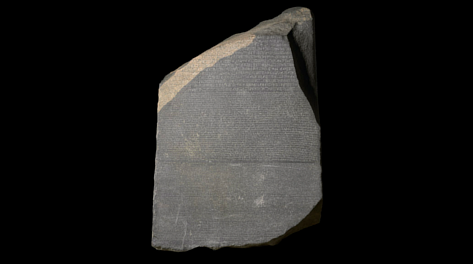
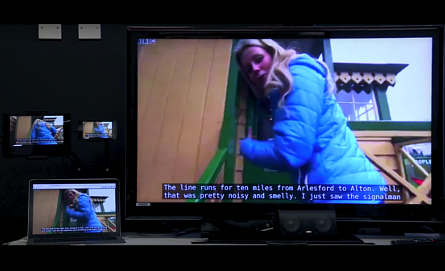

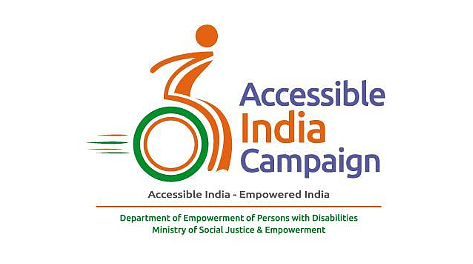


.png)